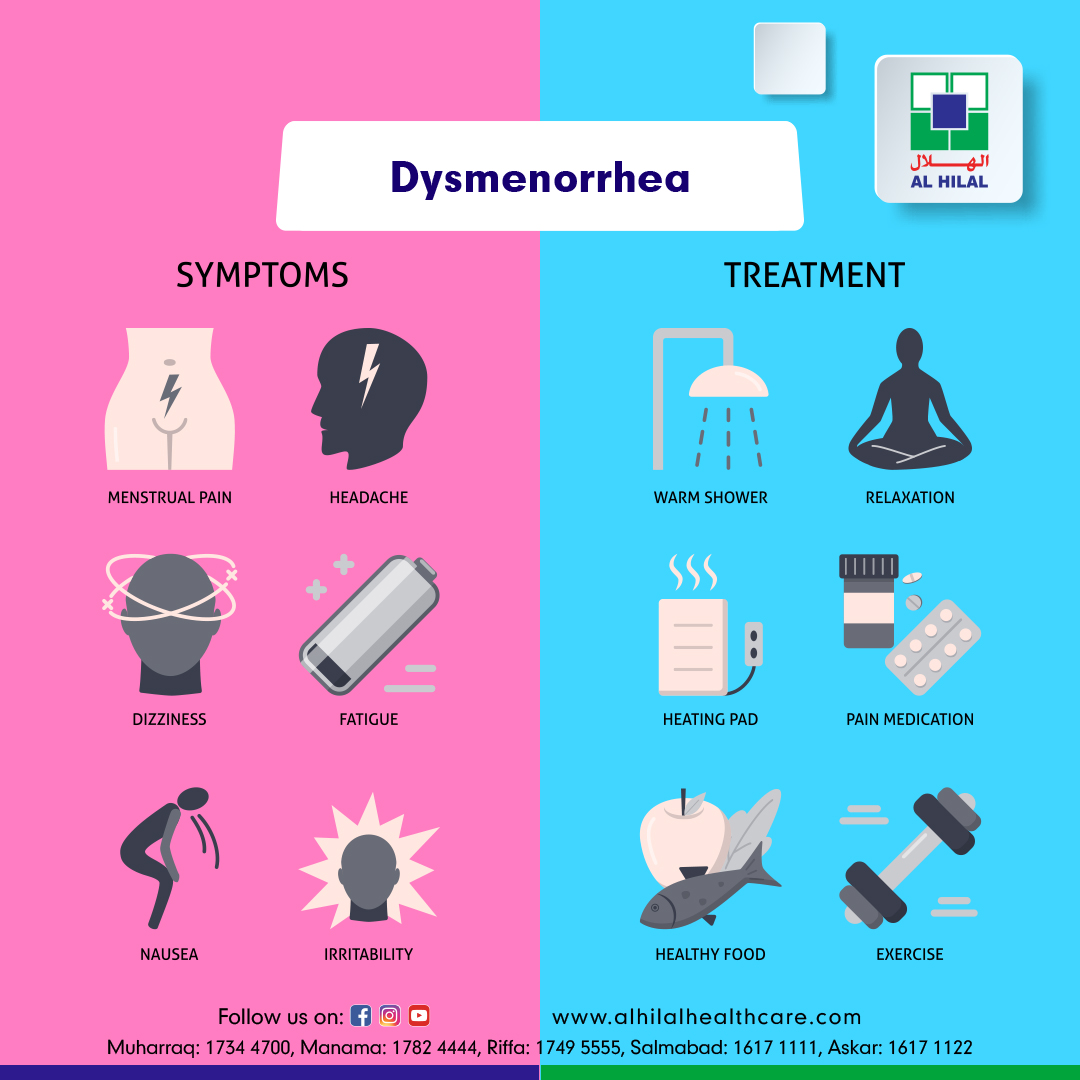The appendix is a vestigial hollow tube closed at one end and attached at the other end to the cecum. It is a small tube-shaped organ attached to the large intestine. It has no known function, but you will need immediate treatment if it gets inflamed or infected (Appendicitis).
While the particular functions of the human appendix remain vague, there is a common accord among scientists that the appendix is gradually disappearing from the human species over evolutionary time. In addition, blockage of the appendix can lead to Appendicitis, a painful and potentially dangerous inflammation.
Although Appendicitis is common in people in their teens and 20, it can occur at any lifetime age. Appendicitis in children is most seen during their tween and teen years. But it’s pretty common these days to see Appendicitis, even in elementary school-age children.

SYMPTOMS OF APPENDICITIS:
- Sudden pain on the right side of the abdomen
- Nausea and vomiting
- Loss of appetite
- Flatulence
- Abdominal bloating
- Constipation or diarrhea
- A high temperature and a flushed face
CAUSES OF APPENDICITIS:
- Digestive tract infection
- Abdominal injury or trauma
- Inflammatory bowel disease
- Enlarged tissue in the appendix wall, caused by an infection in the digestive tract or somewhere else in the body
APPENDICITIS PAIN:
Appendicitis generally starts with a pain in the middle of your abdomen that may come and go. The Appendicitis pain goes to your lower right-hand side within hours, where the appendix is usually located, and becomes severe and constant.
Pressing on this area, walking, or coughing may worsen the pain.
An important symptom of Appendicitis is a sudden, sharp pain on the right side of the lower abdomen. It may also begin near the belly button and lower to the right. This pain may feel like a cramp initially, and it may worsen when you cough, sneeze or move.
APPENDICITIS TREATMENT:
Most people with Appendicitis need a surgery called an appendectomy. It removes a diseased appendix. If the appendix hasn’t yet ruptured, surgery prevents that rupture and keeps infection from spreading.
Before surgery, you receive intravenous (IV) antibiotics to treat the infection. Some cases of mild Appendicitis get better with antibiotics alone. However, your doctor will watch you closely to determine if you need surgery. Surgery is the only way to treat the abdominal infection when the appendix ruptures.
If you need surgery, most appendectomies are done laparoscopically. Laparoscopic procedures take place with a scope through small incisions. This minimally invasive approach helps you heal faster with less pain. However, you may need major abdominal surgery if the appendix ruptures.
APPENDECTOMY (APPENDIX SURGERY):
An appendectomy is called surgery to remove the appendix when it is infected. This condition is called Appendicitis. Appendectomy is a joint emergency surgical procedure.
There are two types of surgeries to remove Appendicitis. The standard method is an open appendectomy. A newer, less invasive procedure is called a laparoscopic appendectomy.
- Open Appendectomy: In this surgery, acut or incision about 2 to 4 inches long is made on the lower right-hand side of your abdomen. The appendix is taken out from the abdomen through the incision.
- Laparoscopic Appendectomy: This method is less invasive. That is, it’s done without a big incision. Instead, from 1 to 3 tiny cuts are only made. A thin, long tube called a laparoscope is put into one of the incisions. It has a small video camera and surgical tools attached to it. The surgeon scans at a TV monitor to see inside the belly and guide the tools. The appendix is removed through one of the incisions.
During laparoscopic surgery, your provider may decide that an open appendectomy is needed.
If your appendix has burst and the infection has started spreading, you may need an open appendectomy.
A laparoscopic appendectomy may cause less scarring and pain than an open appendectomy. The scar is often hard to see for either type of surgery once it has healed.
Both types of surgery have a low risk of complications. In addition, a laparoscopic appendectomy has a lower infection rate, shorter recovery time, and shorter hospital stay.
Recently, some studies have suggested that intravenous antibiotics alone could cure Appendicitis without appendectomy. However, these results remain controversial, and appendectomy remains the standard of care.
APPENDECTOMY RECOVERY TIME:
A patient can often resume normal activities with laparoscopic surgery in one to three weeks. However, open surgery may require about two to four weeks for recovery. A ruptured appendix may take up to six weeks or more.
APPENDICITIS TREATMENT WITHOUT SURGERY:
If you’re suffering from acute Appendicitis, you might be successfully treated with antibiotics and never need an operation to remove your appendix.
Most appendicitis cases are uncomplicated, which means the organ hasn’t ruptured so that they can be treated with antibiotics. Therefore, an operation is necessary only when the appendix looks like it may burst immediately.
APPENDICITIS TREATMENT IN BAHRAIN:
Al Hilal Hospital is the largest and fastest-growing chain of private healthcare providers in Bahrain, with five branches. Al Hilal Healthcare Group is committed to providing high-quality healthcare services at an affordable price to the people of Bahrain through a combination of superior medical technology and excellent clinical services. Its vision is to be the largest healthcare service provider in the region by catering to the needy at the most affordable rates.
Al Hilal Healthcare Group now offers advanced surgical solutions for major surgeries. We now introduce Laparoscopic and Laser Surgeries as well. In addition, Al Hilal has specialist surgeons who do the Appendectomy successfully.
APPENDICITIS SPECIALIST IN BAHRAIN:
Al Hilal Healthcare group is equipped with high surgical excellence and the best and most experienced surgeons. Al Hilal provides all these surgeries at an affordable price to the patients. We also offer the utmost care before, during, and after the surgery. We have General Surgeons who are well-experienced in Appendectomy.

